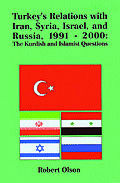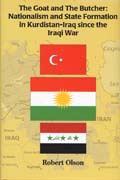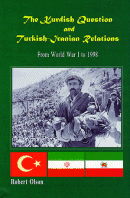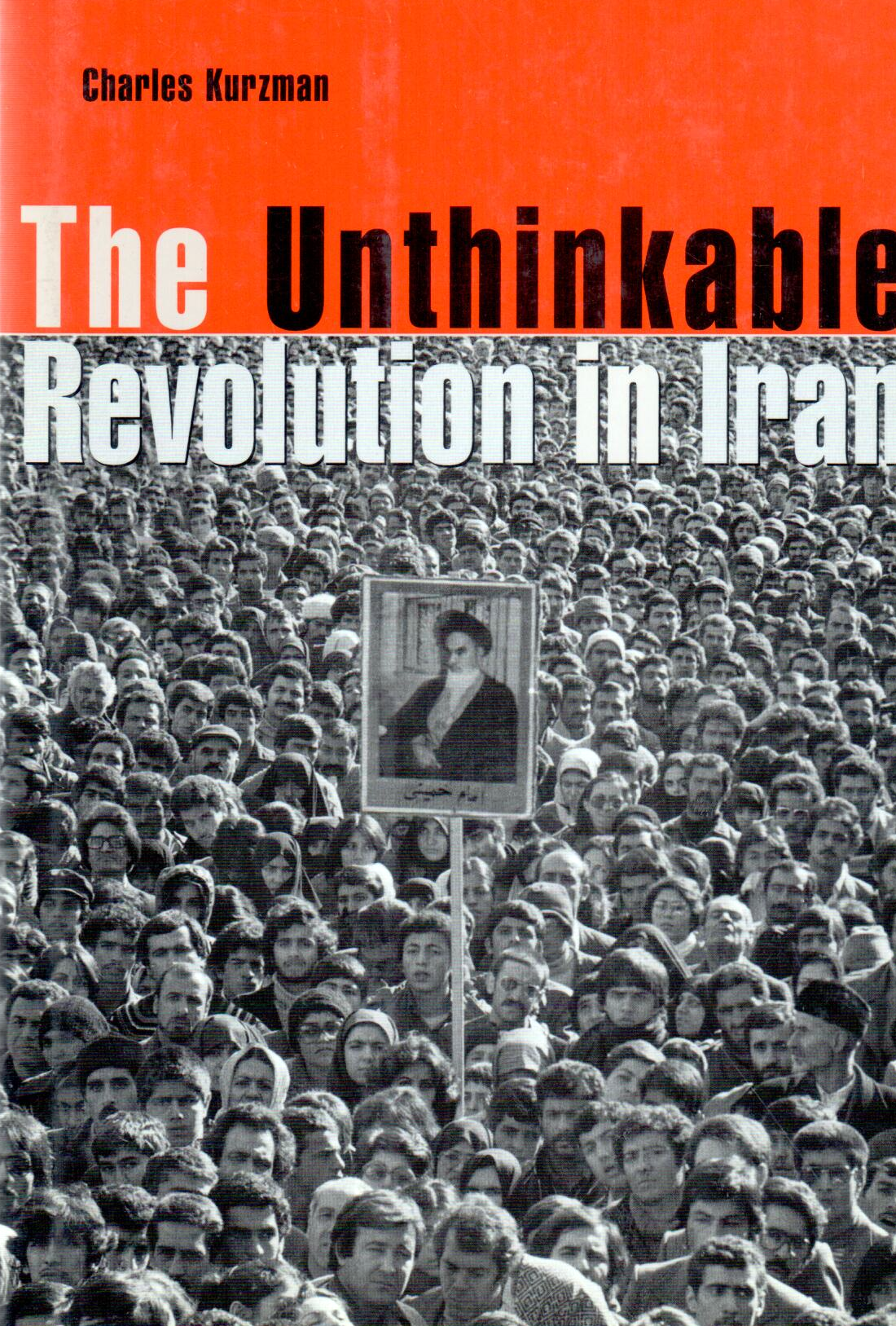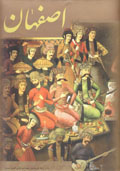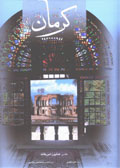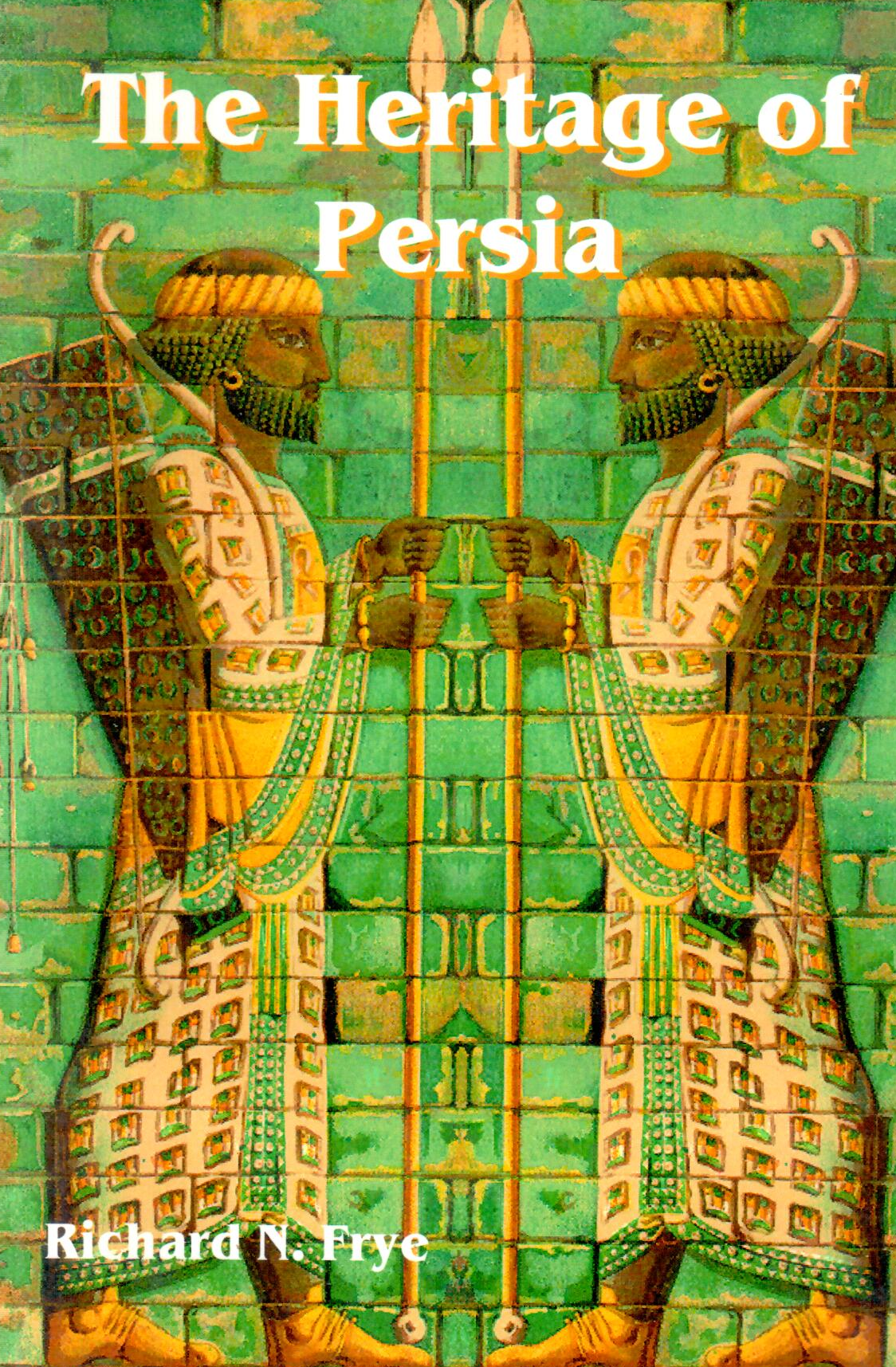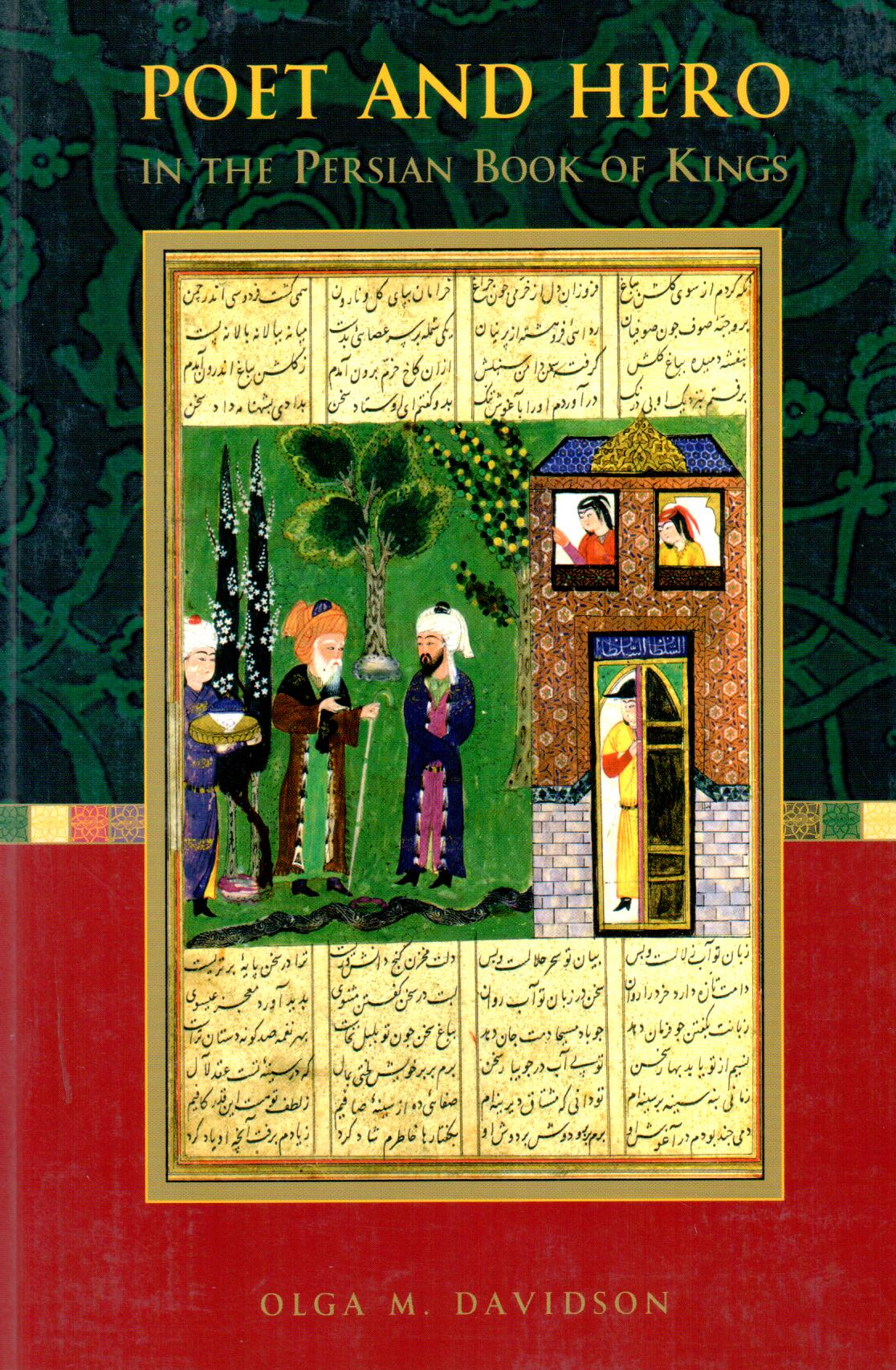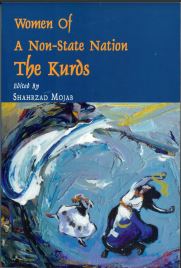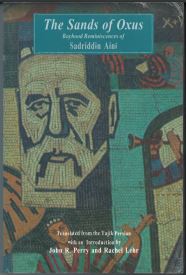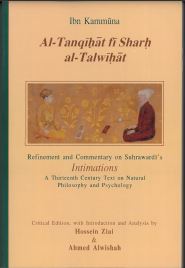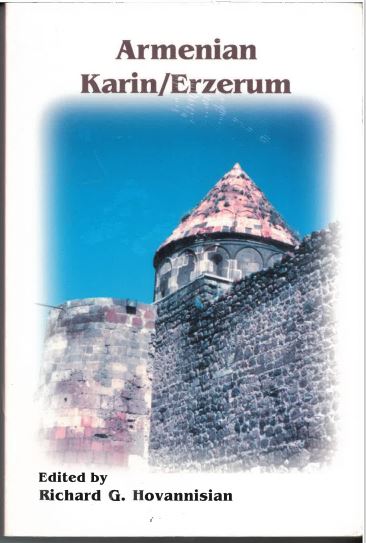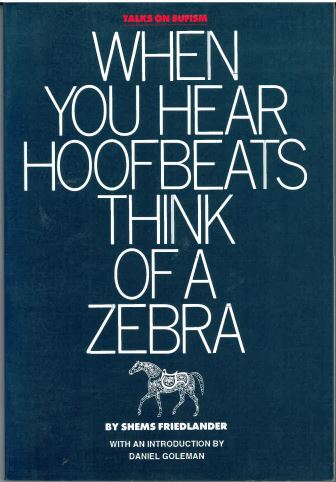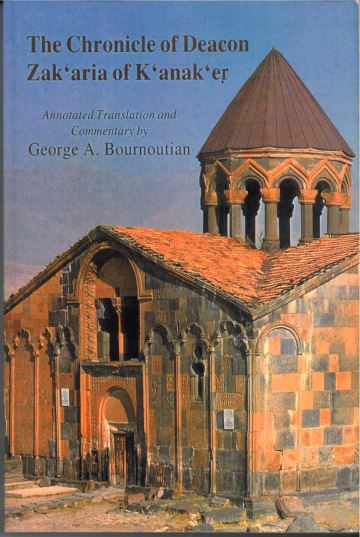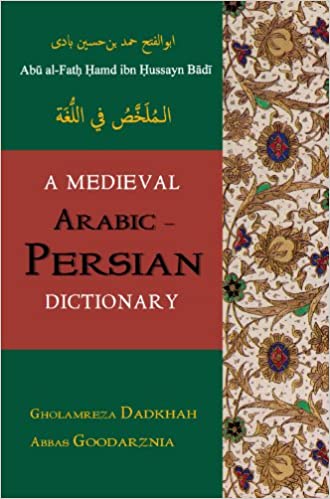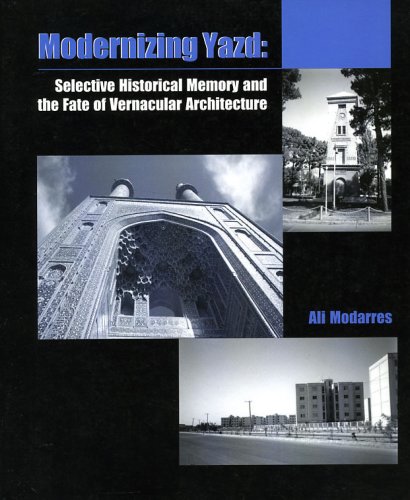Turkey´s Relations with Iran, Syria, Israel, and Russia, 1991-2000: English 2001
Turkey´s Relations with Iran, Syria, Israel, and Russia, 1991-2000
25.88 $
Share
Wishlist
ISBN:
1568591330
Publisher:
Mazda Publishers
Age Group:
Adult
Pages:
232
Weight:
400 g
Dimensions:
14 x 21 x 1.62 cm
Book Cover:
Paperback
This volume, the second in the Kurdish Studies Series by this publisher, focuses on the role of the Kurdish and Islamist questions in TurkeyYs foreign policies with Iran, Syria, Israel and Russia from the end of the Persian Gulf War to 2000.The author argues that the Kurdish question, i.e., the trans-state aspects of the challenge of Kurdish nationalism coupled with the Islamist question, i.e., the challenge of contending political groups using the discourse of Islam, were the major challenges to Turkey during this decade.
The two questions were dominant in relations between Turkey and Iran. The author concludes, however, that both countriesY wider geopolitic and geostrategic concerns in the Caucasus, the Caspian Sea Basin, Central Asia and the Middle East compelled them to cooperate, albeit, at times, reluctantly.
The book emphasizes that the Kurdish question was also the major factor in TurkeyYs relations with Syria and Israel. DamascusY sheltering of Abdullah Öcalan, the PKK leader, from 1979 to 1998, along with the accompanying dispute over the allocation of the downflow of the Euphrates River, were the paramount issues between Jerusalem and Damascus for nearly two decad
more
This volume, the second in the Kurdish Studies Series by this publisher, focuses on the role of the Kurdish and Islamist questions in TurkeyYs foreign policies with Iran, Syria, Israel and Russia from the end of the Persian Gulf War to 2000.The author argues that the Kurdish question, i.e., the trans-state aspects of the challenge of Kurdish nationalism coupled with the Islamist question, i.e., the challenge of contending political groups using the discourse of Islam, were the major challenges to Turkey during this decade.
The two questions were dominant in relations between Turkey and Iran. The author concludes, however, that both countriesY wider geopolitic and geostrategic concerns in the Caucasus, the Caspian Sea Basin, Central Asia and the Middle East compelled them to cooperate, albeit, at times, reluctantly.
The book emphasizes that the Kurdish question was also the major factor in TurkeyYs relations with Syria and Israel. DamascusY sheltering of Abdullah Öcalan, the PKK leader, from 1979 to 1998, along with the accompanying dispute over the allocation of the downflow of the Euphrates River, were the paramount issues between Jerusalem and Damascus for nearly two decad
more

